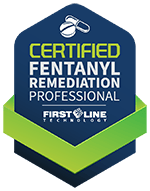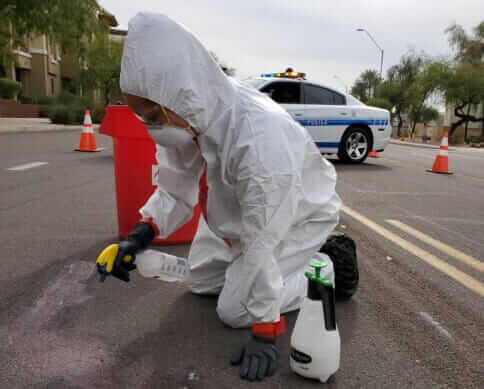Blood spills can be hazardous, especially to those cleaning it. Many infectious diseases have been linked to bloodborne pathogens:
- Hepatitis A
- Hepatitis B
- HIV
If not cleansed properly, these diseases can transfer and even be left behind. Our work isn’t complete until all impacted areas have been thoroughly disinfected. We aim to prevent the risk of an outbreak. The training we’ve received to do so will ensure the job gets done.
Once the site has been restored, we’ll dispose of all contaminated material in accordance with federal and state regulations. We work both commercial and residential sites.
Community Outreach
We’ve been a part of the Indianola, IA community for many years now and are proud to help keep it clean. We strive to make a difference in your lives. We truly care. As the owner of this business, I, Isaac Gallatin, can promise that you’ll receive the best help available from the professionals at Bio-One of Des Moines.









